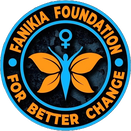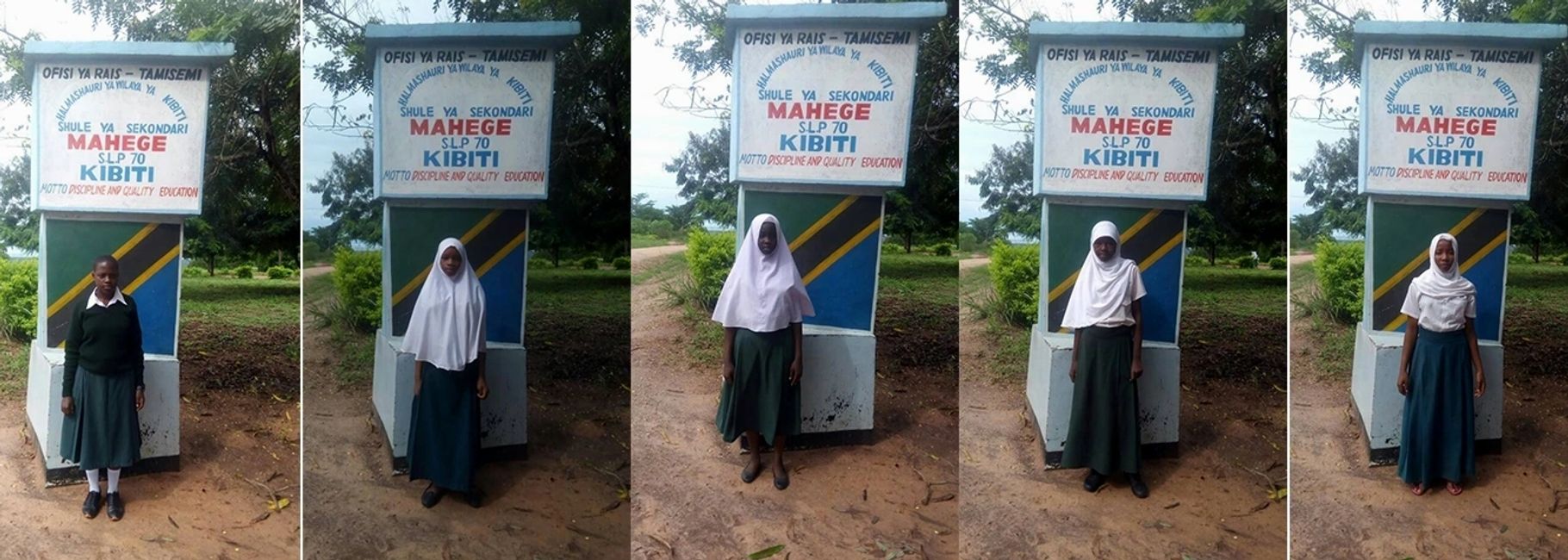EDUCATE A GIRL
Additional Information
Educate a Girl Program is the principle focus of the Fanikia Foundation. Educate a Girl focuses on assuring disadvantage young girls gain access to quality education in rural parts of Tanzania, particularly in Mkenda Village. You might ask why educating these young girls is so difficult?
Access to education is a critical issue and a huge challenge for many communities in Tanzania, especially in rural areas due to persistence of poverty, which leads to poor access and low quality education. According to a recent survey, 7.6 million young Tanzanian children are living in poverty.
In impoverished nations the ability of the government to supply free public education to all children is a major challenge due to limited resources. Even though most public primary schools are free in Tanzania, higher education (middle school, high school and college) is not because students at this level must pay tuition and other fees.
This is an insurmountable burden for poor, disadvantaged and large families. According to a recent survey by UNICEF two third of Tanzanian children do not go on to secondary school.
Educate a Girl Program is the principle focus of the Fanikia Foundation. Educate a Girl focuses on assuring disadvantage young girls gain access to quality education in rural parts of Tanzania, particularly in Mkenda Village. You might ask why educating these young girls is so difficult?
Access to education is a critical issue and a huge challenge for many communities in Tanzania, especially in rural areas due to persistence of poverty, which leads to poor access and low quality education. According to a recent survey, 7.6 million young Tanzanian children are living in poverty.
In impoverished nations the ability of the government to supply free public education to all children is a major challenge due to limited resources. Even though most public primary schools are free in Tanzania, higher education (middle school, high school and college) is not because students at this level must pay tuition and other fees.
This is an insurmountable burden for poor, disadvantaged and large families. According to a recent survey by UNICEF two third of Tanzanian children do not go on to secondary school.
OUR PROGRESS
|
Here's how we made a difference:
In recent years Tanzanian Public Education has progressed. It has expanded the numbers of secondary schools in almost every district and tried to keep secondary education affordable. However the quality of that secondary education is inadequate due to lack of funds to provide educational materials, salaries for teachers, and etc. Recently the government was forced to close some of the secondary schools due to a lack of funds. Recent surveys were conducted and the result showed primary enrollment was 66%, this is contrast to secondary enrollment results were only 6%. 80 % of all students completed primary education but only 20 % continued with secondary education. Therefore the educational system in Tanzania is still failing and dysfunctional from primary schools through higher education. All disadvantaged children have problems, but the girls have special needs due to cultural bias against them. Support from parent has always been minimum due to the fact most families do not appreciate the value of education, especially for girl. If the family has financial resources and have boys and girls, the family will support boys. In 2010 around 70 percent of girls failed the exam compared with around 50 percent of boys. The reason for this is mainly due to lack of support and also girls are the one responsible for helping with chores in the house thus providing limited time to do homework or concentrate on their studies. It is expected the girls will be opt for marriage, Now the other alternative is to run to the cities and become domestic servants, urban sitters, prostitutes, incarcerated, being raped, using drugs or join bad gangs. For the above reasons, unfortunately, most young girls who were able to complete primary school have not been able to continue with secondary school due to lack of support, cultural bias and government funding. We would like to share Julliet’s (The Founder) experience during her recent visits to Tanzania. Below are the profiles of the young girls who are an example of the experiences of what disadvantaged girls go through in Tanzania. Profile 1: She met many young girls of the age between 14 and 18 years old that had finished primary school (elementary schools) with great scores eager to go to school but most of their dreams have vanished due to economic hardship. One of the girls she met in 2014 lives in Mkenda Village her name is Halima and she was 16 years old at that time. Halima had just had a baby girl and was living with her parents in a small house made out of mud, moreover, her parents have seven other children. She told Julliet how she would like to go back to school so that she could support her parents, her siblings and her child. What made Julliet to focus more on this girl is what she heard from other villagers who complimented Halima and Julliet felt very sorry for her because she is intelligent and hardworking. Even though her parents were not able to support her financially with her schooling, she passed her exams and gained admission to secondary school. Profile 2: Irene is 14 years old, Julliet met her met after she ran away from her parents’ home because she was forced to marry a man who was 20 years her senior and had multiple wives. The man had already paid dowry to her parents. Her dreams to join secondary school were dashed; her parents did not want to support her any longer. She decided to run to the big city to look for jobs so she can save money and go back to school. These two girls are just example of many girls that are going through these challenges every day. Julliet was born in Tanzania; Julliet has personally witnessed this travesty. She was among few who were fortunate to escape this fate because her parents supported her. These girls clearly cannot do it by themselves; they need people like us to share our blessings with them. Please we are asking you to step up to the challenge so we can change the lives of these your girl. We all know when a girl is educated then the all nation is educated. These girls are brave young girls that our community need. We can agree our world today needs new sustainable leaders. Perhaps, few questions mighty emerge to you while reading this article such as why are these girls have to be educated? First of all, empowering women/girls through providing quality education has a lot to do with political, social, environmental and economic development in this world that we both live in. We all know education provides knowledge, skills and awareness that our world today needs so that they are better living condition for all and the future. Having said all of the above, the vision of this program is to increase numbers of educated women so that they can be able to use their knowledge and skills to inspire others and contribute in their communities to develop. Advancing the knowledge and skills of women is an essential tool for achieving sustainability. Our current lifestyles are not sustainable in Tanzania. Public awareness, education, and training are key to moving society toward sustainability. We want to rescue these young girls from the life of destitution, forced childhood marriage and hopeless. Won’t you help us? |


